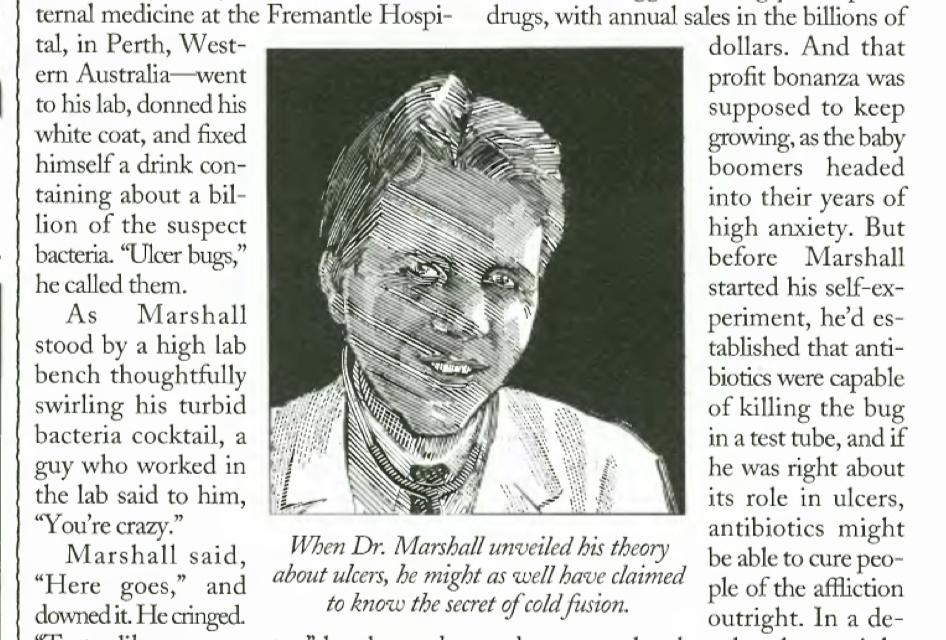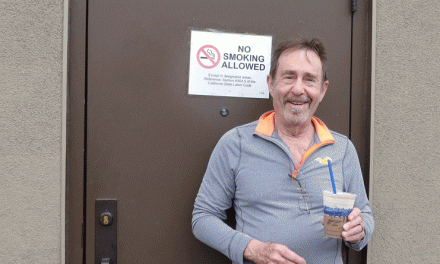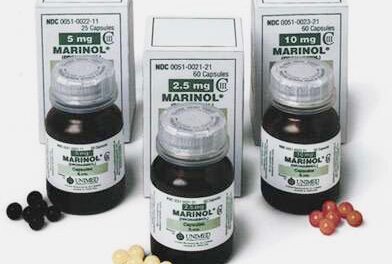Today the existence and importance of microbes in the gut is well known. “The gut flora has the largest numbers of bacteria and the greatest number of species compared to other areas of the body,” good old Wikipedia tell us. “The relationship between some gut flora and humans is not merely commensal (a non-harmful coexistence), but rather a mutualistic relationship. Some human gut microorganisms benefit the host by fermentating dietary fiber into short-chain fatty acids…”
But as of the mid-1980s it was well known that bacteria could not survive in the acidic environment of the stomach. Our new understanding is directly attributable to a brave Australian MD named Barry Marshall, whose profile ran in the New Yorker September 20, 1993. Here’s the NYer’s summary:
ANNALS OF MEDICINE about Australian doctor Barry J. Marshall’s discovery that peptic ulcers are caused by a type of bacteria. Tells how he isolated the bacteria, which had been discovered by Dr. J. Robin Warren, and tested it on himself. Marshall’s notions about the cause of ulcers challenged long-held scientific views of ulcers as psychosomatic illnesses. The bacteria is called Helicobacter pylori. Last February, Austrian scientists confirmed that most ulcers are caused by the bacterium and are curable by antibiotics. And, in the most striking development, chronic Helicobacter infection is now recognized as a major cause of stomach cancer–the world’s second-most-common malignancy.
And here’s the whole piece, Marshall’s Hunch by Terence Monmaney.
How come Barry Marshall’s name isn’t almost as well known as Jonas Salk’s or Alexander Fleming’s? Was/is the medical establishment a bit embarrassed at having been so dead wrong? A lot of Latin is taught by med schools, but not Mea culpa.
Perhaps the most remarkable thing about Dr. Sanjay Gupta’s “Weed” series on CNN is that it began with an admission that he’d had a hand in the “systematic” miseducation of the American people.





